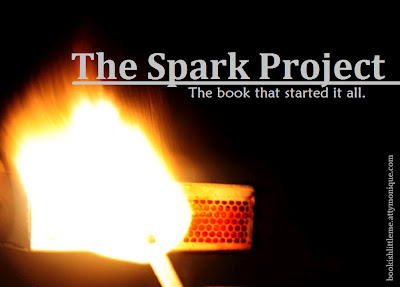Hunger
by Knut Hamsun, translated by George Egerton
It was the piece of wood that did me in. And the finger. After that, I was completely done for.
*
Hunger is the autobiographical account of Knut Hamsun who, as a penniless and homeless young man, wandered the streets of Christiania (now Oslo) attempting to survive one day and live to see the next. His only means of doing so is writing his articles, which he offers to sell to the newspaper for a few shillings. He is more often than not unsuccessful in this endeavour, and then things began to go from bad to worse. And then some more.
*
I couldn’t get over how depressing this novel is. Yes, every day I walk along a main thoroughfare on my way to work and see homeless, destitute people every twenty steps that I take. I pass by a half-naked, dirty young woman and her malnourished child in her arms begging for alms in a street corner. I encounter a sickly man with his scalp peppered with wounds and lugging a sack of rubbish, who has claimed a spot by the waiting shed in front of the nearby mall. There is an entire family of father, mother and two children who has taken up residence by the sidewalk on the other side of the street from where I trace my steps each day.
When I think about it, I encounter abject poverty and hunger every day in the faces of these people. But I wasn’t prepared at the gamut of emotions that assailed me as I read this book – primarily, depression.
 |
| Knut Hamsun. img src |
Why had this man’s life come to this? Where is his family? His relatives? Has he no one? He could think of the names of people whom he can run to for help, but none of them were his friends – has he no one? Why did it come to his being all alone, as though the world itself has forsaken him? Or was it he himself who paved the way to self-destruction?
Despite his tribulations, however, I commend this man’s spirit. He chose hunger over theft. His morality remained intact even when his life teetered on the balance and his sanity threatened to go over the edge. He suffered through mental and psychological inconveniences and struggled through the physical difficulties brought about by the elements. He pointed blaming fingers and trained accusing eyes at God for his wretched life, and for the first time in my life, I did not find anything blasphemous in his actions. In fact, I understood him. And I sympathized with him.
*
This Nobel-winning work is nothing short of remarkable. It speaks of the strength of the human spirit, demonstrated by the narrator’s refusal to succumb to moral depravity in exchange for a few coins with which he could satiate his hunger. I admire this man’s courage and character, knowing I would never have the same moral fiber to do the very thing that he did, in the same situation.
So while the novel made me depressed and rent my heart into pieces, it also made me trust in the human spirit. Human transcendence.
*
The image of a piece of wood haunts me. Add to that a sore finger. And I almost forgot the piece of bone, with bits of fresh meat clinging to it.
Whenever I feel hunger pangs, I will think of Knut Hamsun and Hunger. Aren't I the lucky one.
Recommended by: Angus
Recommended to: Louize, Ronnie, Aldrin and Bennard
Book Details: My own, trade paperback, Dover edition translated by George Egerton, bought from Book Depository
Rating: ★★★★★



Comments